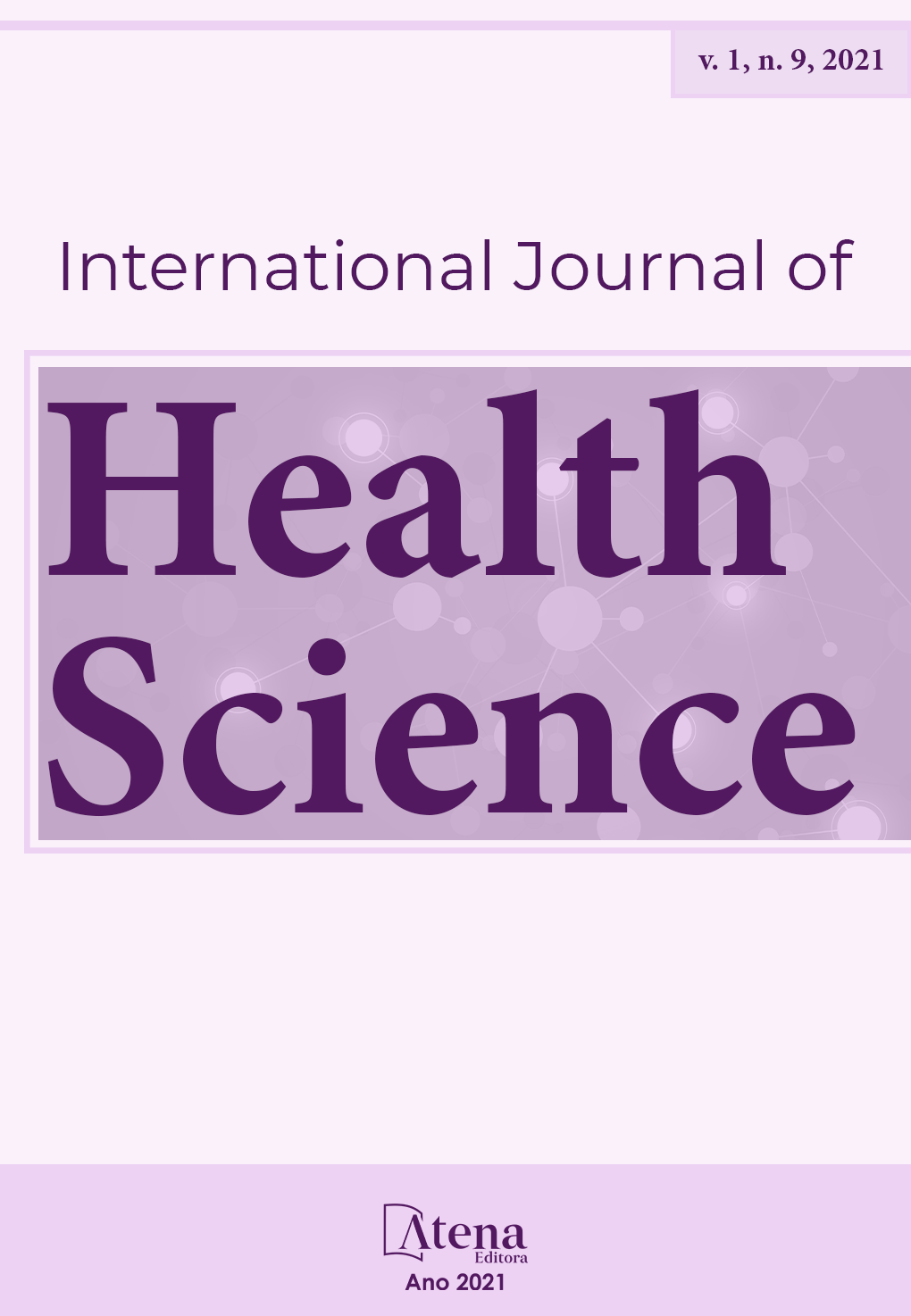
Immersion in Nature: bodily benefits of caving
Caving, as a cave activity, allows human beings to experience unique experiences, through an intense involvement with the cave environment, aiming at discovering and contemplating the environment. The human relationship with nature, through caving, can be a fundamental variable to try to understand the benefits that the activity in cave environments can provide to the body. This study aimed to analyze the benefits of caving on the well-being of its practitioners in the relationship between human beings and nature. This is a research with a qualitative approach, developed with the Speleogroup Peter Lund and the Association of Environmental Agents of the Peruaçu Valley with 30 individuals. Data were collected through semi-structured interviews, processed at IRAMUTEQ, through similarity analysis. The results were interpreted from the structural approach of understanding the benefits of caving in the well-being of its practitioners in the relationship between human being and nature. The analyzed results were structured based on the interviews, showing that caving promotes the well-being of its practitioners, through a relationship mediated by the presence of natural elements, and by the peculiar characteristic of the cave, such as silence and darkness. Emotion presented a positive benefit from the caving activity, as an emotional element linked to pleasure. Caving provided the acquisition of new attitudes and values to improve the quality of life. In this relationship, nature became an important partner in promoting physical and mental well-being, which can be assimilated through the bodily senses and introspection with the cave environment. Caving proved to be an activity that restores health, well-being, through the body's relationship with nature and with the cave.
Immersion in Nature: bodily benefits of caving
-
DOI: 10.22533/at.ed.1592109125
-
Palavras-chave: Cave. Caving. Immersion. Body. Nature.
-
Keywords: Cave. Caving. Immersion. Body. Nature.
-
Abstract:
Caving, as a cave activity, allows human beings to experience unique experiences, through an intense involvement with the cave environment, aiming at discovering and contemplating the environment. The human relationship with nature, through caving, can be a fundamental variable to try to understand the benefits that the activity in cave environments can provide to the body. This study aimed to analyze the benefits of caving on the well-being of its practitioners in the relationship between human beings and nature. This is a research with a qualitative approach, developed with the Speleogroup Peter Lund and the Association of Environmental Agents of the Peruaçu Valley with 30 individuals. Data were collected through semi-structured interviews, processed at IRAMUTEQ, through similarity analysis. The results were interpreted from the structural approach of understanding the benefits of caving in the well-being of its practitioners in the relationship between human being and nature. The analyzed results were structured based on the interviews, showing that caving promotes the well-being of its practitioners, through a relationship mediated by the presence of natural elements, and by the peculiar characteristic of the cave, such as silence and darkness. Emotion presented a positive benefit from the caving activity, as an emotional element linked to pleasure. Caving provided the acquisition of new attitudes and values to improve the quality of life. In this relationship, nature became an important partner in promoting physical and mental well-being, which can be assimilated through the bodily senses and introspection with the cave environment. Caving proved to be an activity that restores health, well-being, through the body's relationship with nature and with the cave.
-
Número de páginas: 15
- Michela Abreu Francisco Alves
- Maria Auxiliadora Pereira Figueiredo
- Irene Menegali
- Marilda Teixeira Mendes


